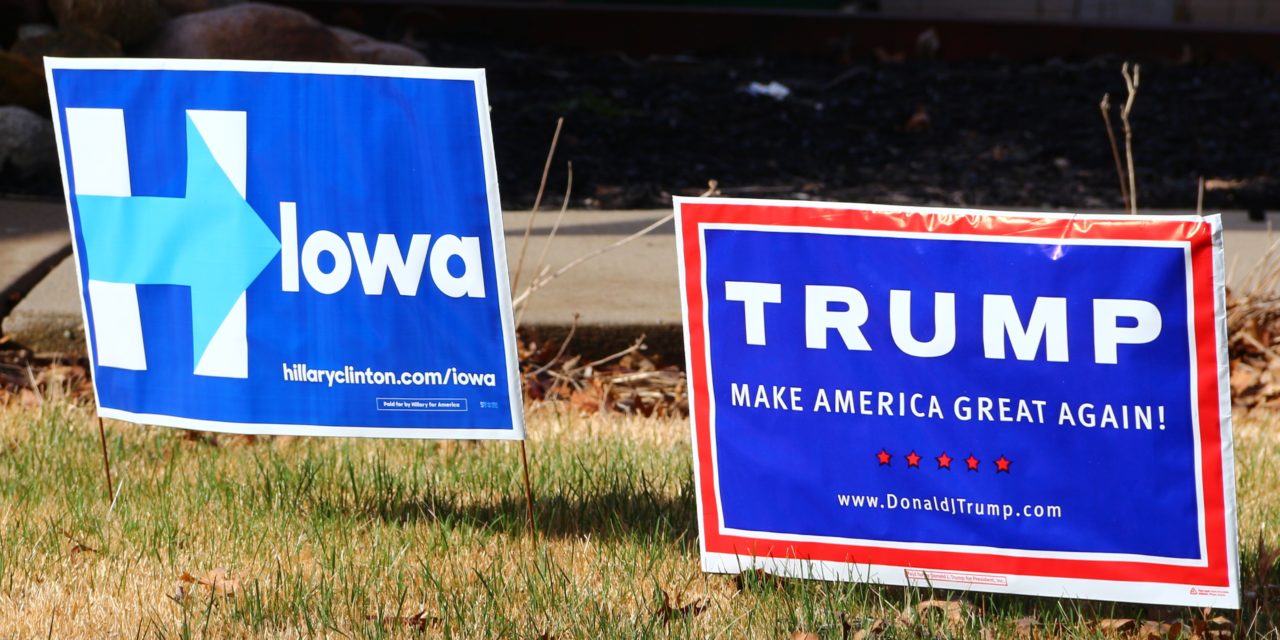After decades of existing with one another, both on- and off-campus, we still can’t seem to get along: liberals and conservatives just don’t mix in practice — but can we?
Within seconds, a relaxed conversation can switch into a no-holds-barred policy debate with a firework’s ferment. Simply uttering the words, “I’m a liberal/conservative” is like playing with fire, and, unless you get a “So am I!” in response, you could get burned.
The charade is entertaining, but the us-versus-them complex within the American party system seems like an unhealthy byproduct of political discourse. Division on issues is OK — we wouldn’t be able to have good discussions without them — but lividity over a disagreement with your ideas is not.
Why do we get so angry with people on the basis of their political alignment? And when did “liberal” and “conservative” become pejorative terms?
It may not be as arbitrary as you think; a 2009 University of Virginia study finds that liberals and conservatives tend to have different values when it comes to moral decisions. Out of five moral foundations — avoidance of harm, fairness, loyalty, purity and respect of authority — liberals tend to base their moral compasses on fairness and the avoidance of harm the most; the other three aren’t considered as much. Conservatives, on the other hand, take all five foundations into account, placing the most importance on avoidance of harm, fairness and loyalty, respectively.
The social issues that permeate the political climate today are hugely important, and the moral foundations that one prioritizes informs how passionately he feels about those affairs. However, I think that it takes a meticulously sharpened sense of maturity to look past one’s opposing views for the sake of civility. Liberals and conservatives both need to declare a cease fire, ASAP.
No matter how passionate we are about an issue — whether it be abortion, gay marriage, illegal immigration or the death penalty — above all else, we absolutely must seek civility. The sucky, tough-as-nails truth about politics is that we will never, ever agree. Why would we be baffled, stricken or filled with fury when our peers happen to disagree?
This often-overlooked problem holds special significance on college campuses. We come to college to cultivate understanding, and in this fiery political atmosphere, now is a better time than ever to seek greater understanding of others’ beliefs. So, next time you meet someone on the other side of the spectrum, don’t feign interest, half-smile and then go on a mental tirade. Learn something, and try to understand. If you can’t do either, then at least have a pinch of respect for the person’s disposition.
Ideology isn’t one-sided — it’s multifaceted, and every liberal or conservative you’ve ever met has a slightly different one. Avoid making assumptions about someone based on their political affiliation; the more often we assume before asking, the more division we create. George Washington warned against a two-party system, likely for this reason. Sadly, it takes either a great victory or a painful loss for Americans to unite. But we don’t always have those occasions — so what are we going to do in the meantime?
As this election season sprints to a conclusion (that I’m not mentally prepared for), let’s move forward not as liberals and conservatives, but as Americans; let’s also remember that it’s okay to disagree, even on polarizing issues.
Sometimes, the widest divides within American culture are the divides that we create ourselves. That being said, here’s an idea: let’s focus less on uniting within our parties, and focus more on uniting all Americans, liberals and conservatives alike. Reject the stereotypes that paint ideological groups in a negative fashion; reject the us-versus-them mentality of modern politics. Rather, accept and embrace the differences that make our political system one of the most robust and colorful of its kind.
Justin January is a College freshman from Atlanta, Georgia




